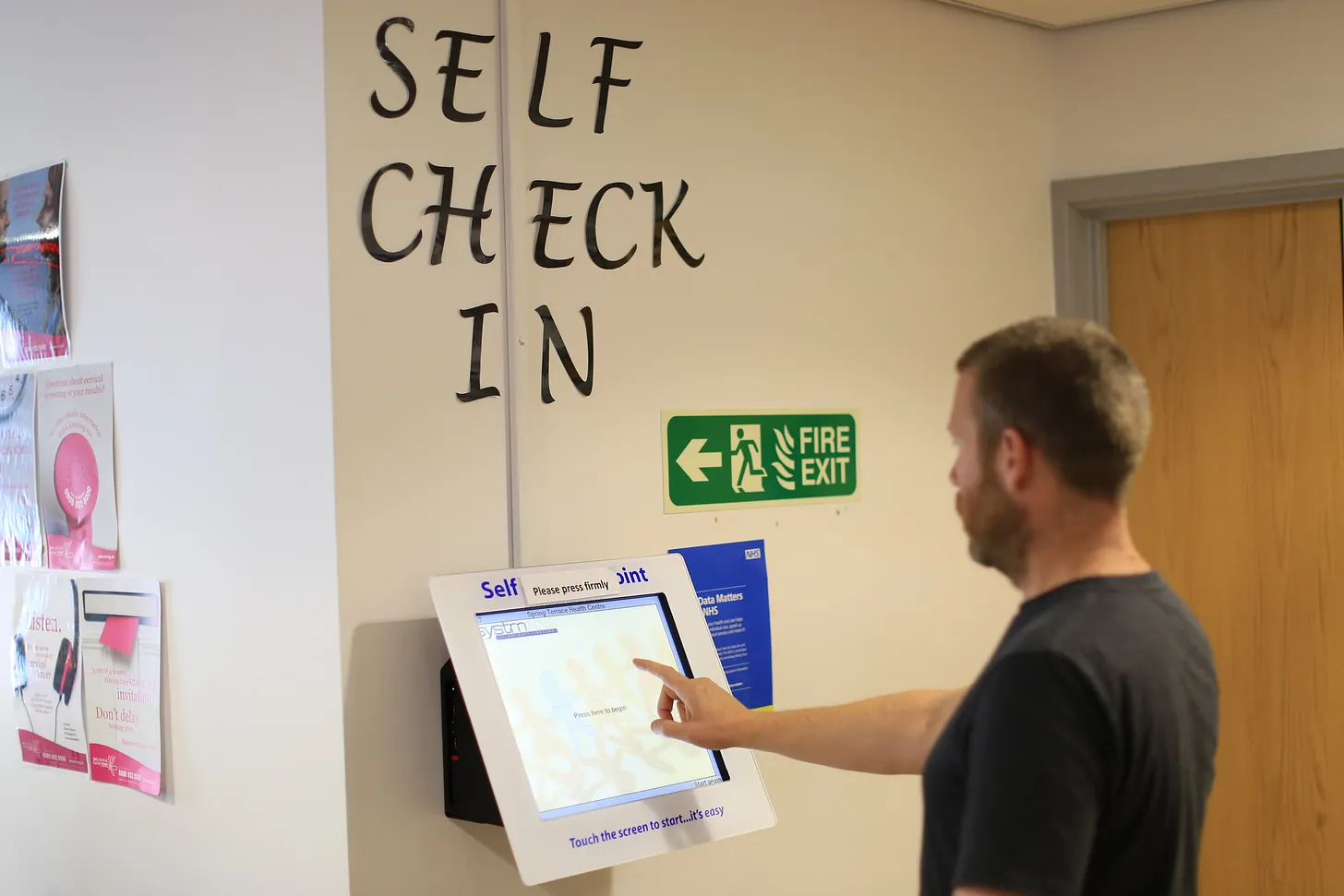The Health Foundation’s recent publication, “Exploring public attitudes towards the use of digital health technologies and data”, delves into the critical role of public opinion in the successful implementation of digital health technologies. In March 2023, a survey of 7,100 individuals was conducted to gauge public sentiment towards these technologies. This survey is pivotal, especially considering the NHS’s increased reliance on digital health technologies to address workforce shortages and growing care backlogs.
Public Sentiment: Generally Positive but Varied
The survey revealed a generally positive public attitude towards health technologies, with 56% believing technology enhances healthcare quality. However, not all technologies received equal endorsement. Technologies that empower individuals to manage their health and connect with the NHS were more popular than those perceived as intermediaries between clinicians and patients, such as chatbots or care robots. This finding underscores the importance of technology in enhancing patient autonomy and the need for a human-centric approach in healthcare technology.
Demographic Differences in Attitudes
Significant variations in attitudes were observed across different demographics. Women and individuals with lower incomes exhibited less positivity towards healthcare technology compared to men and those with higher incomes. This disparity highlights the necessity for inclusive engagement strategies in healthcare technology implementation. Additionally, younger individuals showed less trust in the NHS with their health data compared to older demographics, indicating a potential generational divide in trust and perceptions of data privacy.
Data Usage: Trust and Awareness
The survey also explored public attitudes towards health data usage. While trust in the NHS to handle health data was high, there was a notable lack of awareness about how health data is used. Around 61% of respondents knew very little or nothing about the NHS’s use of healthcare data. This gap in awareness presents a significant challenge for policymakers and healthcare organizations in fostering informed public trust.
Socioeconomic Factors and Technology Acceptance
The survey findings also pointed to socioeconomic factors influencing attitudes towards health technologies. There was a marked decline in support for technology use among lower socioeconomic groups. This trend raises concerns about potential health inequalities and the need for equitable technology deployment strategies that do not exacerbate existing disparities.
Implications for Policymakers and Practitioners
The findings have profound implications for policymakers and healthcare practitioners. There is a clear need for meaningful public engagement and education to address concerns and build confidence in health technologies. Ensuring that the deployment of these technologies is inclusive and equitable is paramount to avoid deepening existing health inequalities.
The Health Foundation’s survey provides invaluable insights into public attitudes towards digital health technologies and data usage. It underscores the importance of public trust, awareness, and inclusive engagement in the successful implementation of health technologies. As the healthcare sector continues to evolve, understanding and addressing these public attitudes will be crucial for the effective and equitable advancement of digital health technologies.

